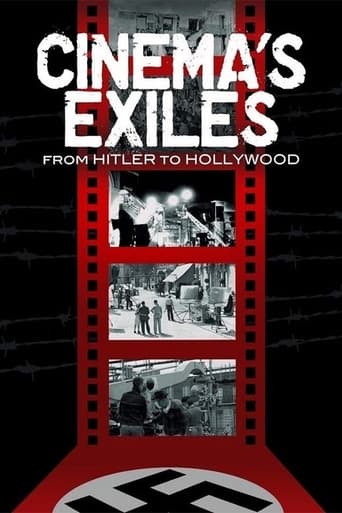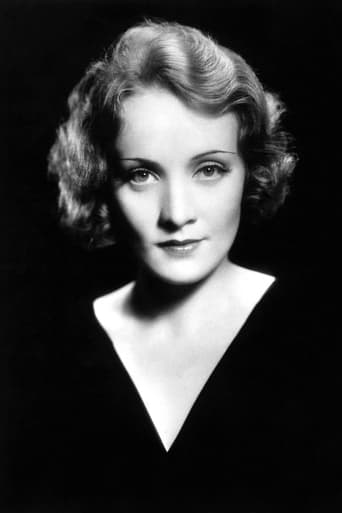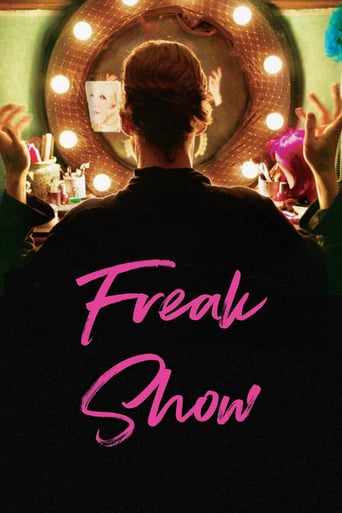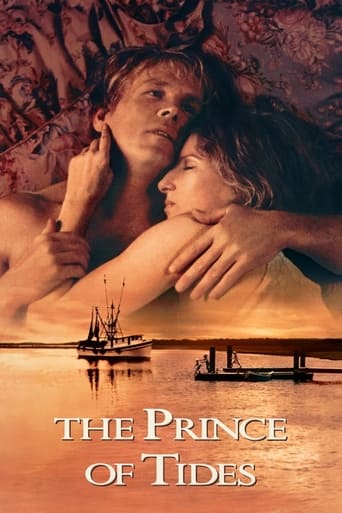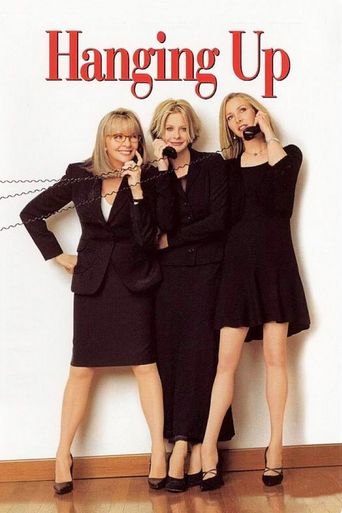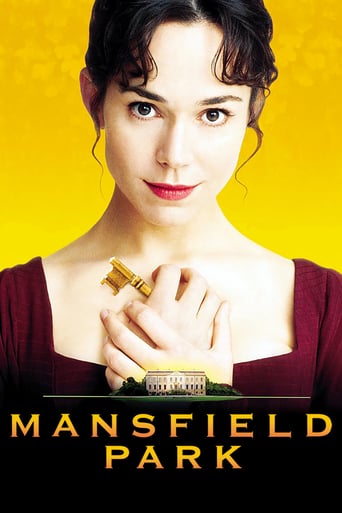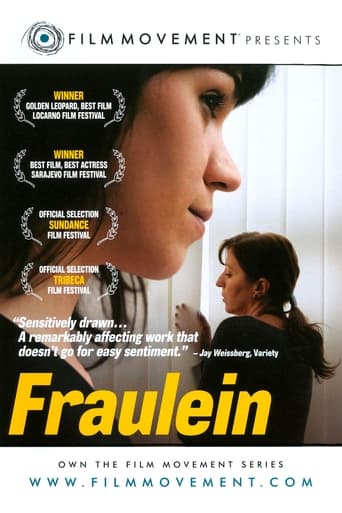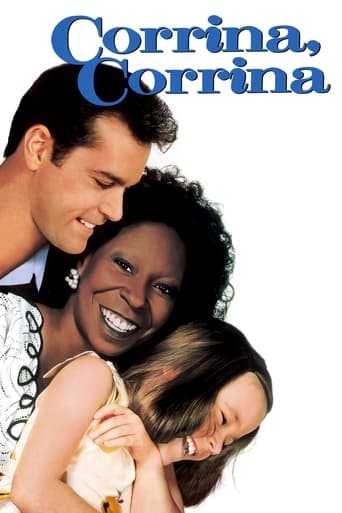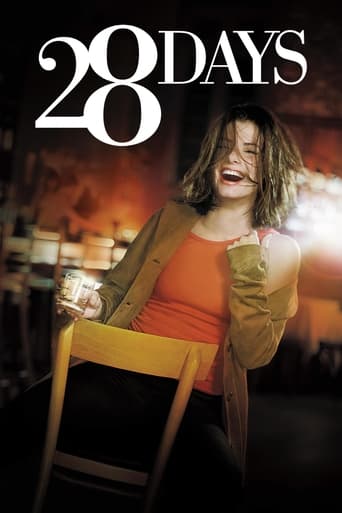Cinema's Exiles: From Hitler to Hollywood (2009)
Eight hundred German filmmakers (cast and crew) fled the Nazis in the 1930s. The film uses voice-overs, archival footage, and film clips to examine Berlin's vital filmmaking in the 1920s; then it follows a producer, directors, composers, editors, writers, and actors to Hollywood: some succeeded and many found no work. Among those profiled are Erich Pommer, Joseph May, Ernst Lubitsch, Fritz Lang, Billy Wilder, and Peter Lorre. Once in Hollywood, these exiles helped each other, housed new arrivals, and raised money so others could escape. Some worked on anti-Nazi films, like Casablanca. The themes and lighting of German Expressionism gave rise in Hollywood to film noir.
Watch Trailer
Free Trial Channels
Cast


Similar titles
Reviews
What makes it different from others?
Expected more
Absolutely brilliant
There's no way I can possibly love it entirely but I just think its ridiculously bad, but enjoyable at the same time.
Movie actors, directors, studio heads, producers, composers, technicians. So many famous names, even more obscure names, but our cinema would not have been the same without them. The European expressionism of the 1920's and '30s took Hollywood by storm just as Nazism had taken Germany and later a good deal of Europe by storm. The personal experiences of the writers, directors and producers influenced their American works, so through hideous inhumane experiences, these filmmakers created some of the greatest examples of art that cinema has known.With sincere narration by Sigourney Weaver, this documentary shows that art and history intertwined. Many left before the rise of Hitler, while others made it to Hollywood as refugees, most Jewish, some married to Jews, and others simply against the fascism taking over their homeland. It's sad yet at the same time triumphant, because it's about survival. Vintage photos and filmed personal footage, newsreels and movie clips, plus interviews with witnesses who were there. Lupita Tovar Kohner, who just passed away at the age of 106, risked her own safety and tells her side of the story, bringing cash out of Germany to aide her friends who had already left. Marlene Dietrich, already an American star, aided refugees and was branded a German traitor. The documentary shows the rise of the German cinema after their loss of World War I, yet the creators of these classics ended up as targets simply for being Jewish. The influence on post Nazism Hollywood through the triumph of these refugees is then documented, as is how they used their passion for freedom to tell so many classics during the second world war. Lines in the scripts of their films do not deny their hatred of fascism. German actors, once the great stars of screen and cinema there, were not afraid of villainizing the Nazi. Other films using anti-Nazi allegories are explained, enlightening the audience to something they may not have picked up at the time. They do not go into the anti-Semitic backlash of the post year wars, but in 2 hours, there's enough material to give an idea of how these artists made an impact on the films of the time. Made in 2009 70-80 years after this all occurred, this is especially potent today in the changing times the world is facing every day. This is still in the lifetime of many people still living, so there's a lot of important lessons to be had. Cinema entertains, certainly, but it also educates and humanizes an often cruel world. It reminds us through our humanity, creativity and spirituality to never let any single leader in our world dictate who will be top dog in society and who will be degraded and turned over to evil lawmakers to be tortured and killed. They say art imitates life, and with the passion of freedom, life as many had to suffer through will simply remain as pages in a history book.
Cinema's Exiles: From Hitler to Hollywood is a 2009 documentary about the wave of Germans and Austrians who came to America during the time of Hitler and attempted to establish new lives and careers here: Billy Wilder, Fritz Lang, Henry Koster, Robert and Curt Siodmak, Joe May, Frederick Hollander, S.Z. Sakall, Peter Lorre, Paul Henried, Ernst Lubitsch, Fred Zinnemann, Conrad Veit, and hundreds of others.The documentary talks about the work of Paul and Lupita Kohner, Marlene Dietrich and several others who helped people leave by sending money, sneaking money (Lupita wrapped it in her knitting), giving them a place to stay, and writing sponsorship letters. A special fund that was set up where those who were working contributed so that those who were not could survive. Kohner, in the meantime, went to the studios and begged them to hire the immigrants.Erich Korngold was asked to orchestrate Robin Hood and refused; he returned to Germany, realized what was going on, and returned, Robin Hood looking very good to him. It was said, "What Warners couldn't do, Hitler did."It's a fascinating story of how some people could adjust and others could not; some were successful and some weren't. Some returned to Germany after the war; some returned and went back to Hollywood, as Peter Lorre did.Some of these people, like S.Z. Sakall, had been huge stars in Germany; Fritz Lang made some wonderful films in Hollywood but never topped Metropolis. Joe May was relegated to horror films after being at the top of his field in Germany.Karen Thomas has written a fascinating documentary about this group of people banding together and being helped by new Hollywood friends to assimilate. They gave the American film industry the gift of film noir and some of the techniques they brought with them, and made a big contribution -- something none of them could have dreamed of when they landed here with very little.Really wonderful and a must for film buffs.
PBS usually always makes some fine documentary films, This one is no exception. This film covers the major contribution that people fleeing Nazi Germany made to Hollywood during the 1930's and 1940's and beyond. The film made a lot of excellent choices of film material to be included and wrote an excellent narration script. Sigourney Weaver is an excellent choice to do the narration.Very often this type of production slips under the radar of the public and this one has a lot of information which needed to be documented. I was amazed at some of the obvious home movie material that was chosen to get into this one. It was chosen very well.The focus on the people who had to flee Germany is told with care and carefully. This film gives one a whole new aspect of viewing the movie Casablanca and the irony that went into the casting of the film. The focus here on everyone in the film without focus on Bogart and Bergman gave me a perspective I never had before. To Be Or Not To Be is a film of growing reputation in recent years. This movie is a great choice to talk about this era too. Surprising, the films connected to this subject range a wide array of movies that perfectly illustrate the Nazi's loss by literally forcing these creative people to leave and come to Hollywood to contribute. The names from Fritz Lang, to Peter Lorre, to Billy Wilder, and the ones of lesser fame were major contributors to a lot of quality films in Hollywood history from this era.This film stands on it's own on how an era of desperation produced many people who inspired some of the greatest work in Hollywood during a time it was much needed. An overlooked film from this era does need a documentary of it's own. Unfortunately that amazing film was a one man operation, so without him, no proper documentary can be done.I would state though that viewing that movie would complement viewing this one as the film is a very fitting complement for To Be Or Not To Be, and predates and possibly inspired it.That film? The Great Dictator.While that movie would not make this documentary better, it deserves a special place in the history of films all it's own.
The story of the leading talents of the German film industry of the 1920s has been told before. How the writers, composers,directors, actors, producers and cinematographers, (many, if not most, of whom were Jewish) were forced to leave by the rise of Hitler and how their arrival in Hollywood introduced new styles and new ideas to the world's largest movie factories is a part of every American cinema history book.This documentary is different. It covers the participants' individual stories in greater depth. While some exiles achieved fame (Marlene Dietrich, Erich Wolfgang Korngold, Billy Wilder, Franz Waxman) others, such as Joe May and Erich Pommer were less adaptable and thus left their best efforts behind them."Cinema's Exiles" is a visual feast. The film clips are first rate and the home movies are remarkable. There are stills and excerpts and interviews that I had never seen before. The roll call of émigrés from the film "Casablanca" was especially revealing.

